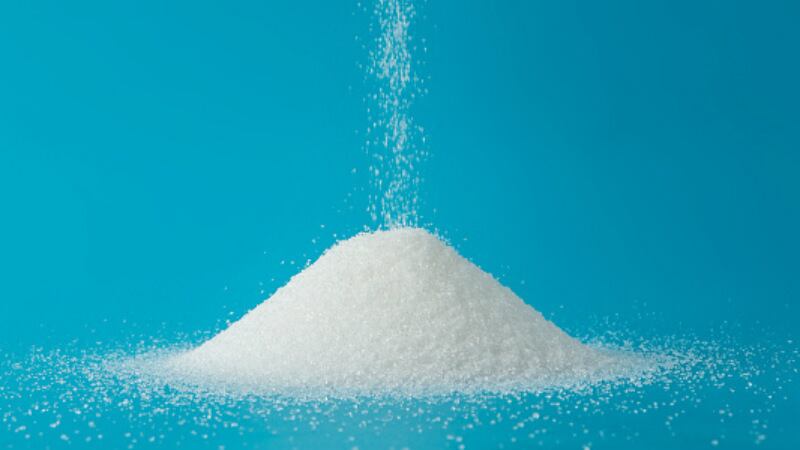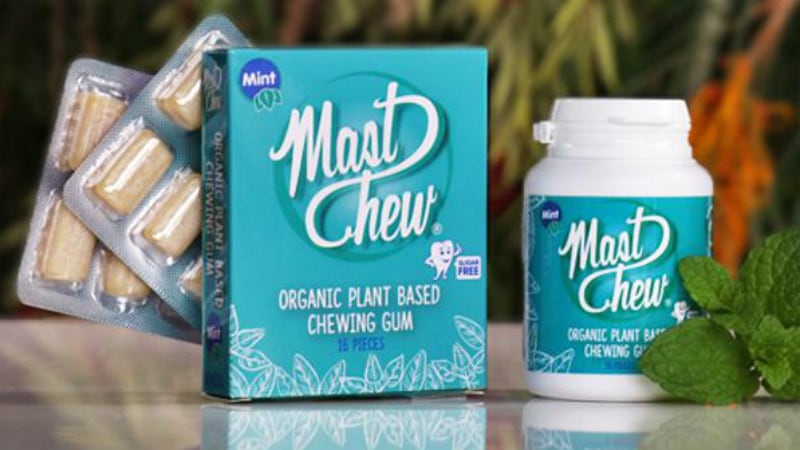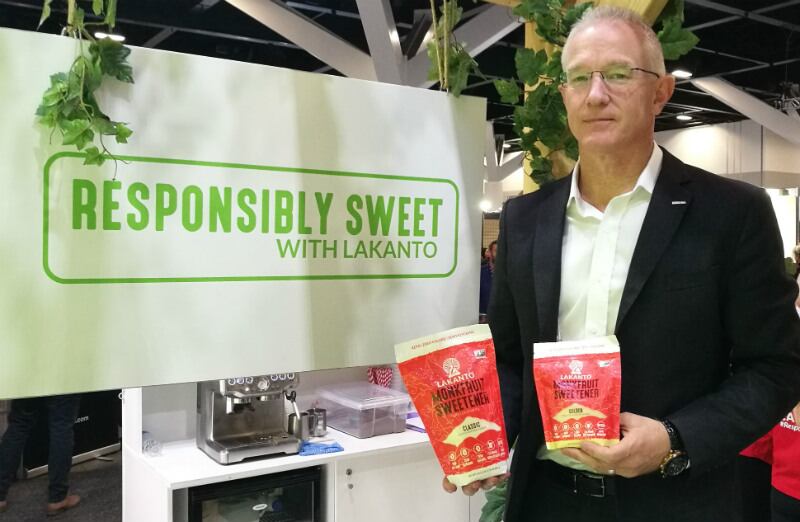The import licenses were for up to 60% of the manufacturers’ sugar requirements, and signals a move by the government to liberalise the historically-monopolised sugar market, which is currently dominated by sugar refiners MSM Malaysia Bhd and Central Sugars Refinery Sdn Bhd (CSR).
In a statement, Deputy Domestic Minister Chong Chieng Jen from the Malaysian Ministry of Trade and Consumer Affairs (KPDNHEP) said that no reversals would be made for the import permits, and instead the ministry had plans to grant more of these to other companies across the country moving forward.
“[Local refiners need to know] that they have enjoyed protectionism for too long and that they will have to be competitive,” Chong told The Edge Financial Daily.
“If they sell cheaper to the end-users, there is no reason for the players to import.”
“[My] next target will be Sabah [as] I believe a similar issue [is faced by F&B manufacturers there] and that more of them will come forward to apply.”
He added that it was ‘unfair’ for local food companies to see high costs as ‘a fact of life’, and that refined sugar was being sold to them at an RM0.40 (US$0.10) to RM1.00 (US$0.24) per kilogram price premium over that of Thailand imports.
“I think MSM & CSR should sell at the range of the international sugar prices,” said Chong.
“[They] should look into reducing the prices of sugar sold to the industry players and not continue to exploit them.
After KPDNHEP announced the initial import license permissions on June 7 this year, both MSM and CSR issued a joint statement vehemently protesting the move, claiming that this was detrimental to the ‘long-term interest of the nation’ and ‘a risk that our nation cannot afford to take’.
“The short-term, populist move to allow sugar imports will only force the industry to cut costs to survive. This includes reducing the security stock cover for the nation and closing the loss making factories to reduce costs and capacity,” said the refiners.
“This will inevitably have a negative impact to the country in the mid to long term, especially when the global sugar price increase.”
Doubt was also cast on the halal standards of imported sugar, with both companies claiming that the sugar brought in by companies granted the import permits ‘may not have the necessary ‘halal’ certification and even if they have, it remains doubtful whether they are legitimate’.
“Consumers are advised to be vigilant when buying and consuming products manufactured by these F&B companies.”
According to The Edge, MSM and CSR own and operate five sugar refineries which are capable of producing up to three million tonnes of sugar a year – over double the annual local demand at 1.5 million tonnes.
As such, the refiners’ fervent protests come as no surprise, in addition to a CGSCIMB research report saying that the sugar industry liberalisation would affect the sales and profits of MSM.
“[If MSM fails to cut costs, it is estimated that] for every RM10 (US$2.41) per tonne reduction in [average selling prices it sees], the group’s revenue [could be cut] by RM8mn (US$1.9mn) and profit by a similar quantum,” said the report.
Sugar prices in Malaysia
MSM and CSR denied any selling of sugar at high prices to the F&B companies in Sarawak, saying that they had been selling ‘at a cost lower than the RM2.70 (US$0.65) per kg’ to them.
“[At] RM2.85 (US$0.69) per kg, the retail price of refined sugar in Malaysia is amongst the cheapest in the world, [even] cheaper than raw sugar producing countries like Thailand, Indonesia and Philippines,” they said.
They went on to add that the sugar industry is a ‘cyclical business’ and that current low prices globally are due to a ‘temporary surplus in the global market’.
“[Like] all commodities, prices are bound to rise over a period of time. [Local] sugar refiners have been absorbing the volatility and price differences between the world market and the local ceiling prices [for] many years,” the statement said.
“The recent move to import sugar at a lower price is a result of ‘dumping’ by the exporting market, [which] is then exploited by opportunists without the responsibilities that the local sugar refiners are saddled with.”
Chong had earlier told Dayak Daily that part of the reason the ministry had elected to remove the protectionism for the sugar refiners was that recent drops in international sugar prices (over 35% from US$0.45 in February 2017 to US$0.30 in February 2018 had not been passed on to local firms.
“In its annual report, MSM indicated that raw sugar constituted 88% of its production costs, [yet] despite the huge fall in its production costs over the year, the proportionate benefits [were] not passed on to the local F&B manufacturers, [especially] those in Sarawak with no bargaining power due to small volumes of purchase” he said.
“With the sugar import permit, there is now a saving of RM1,000 (US$241) per tonne (for the manufacturers).”





